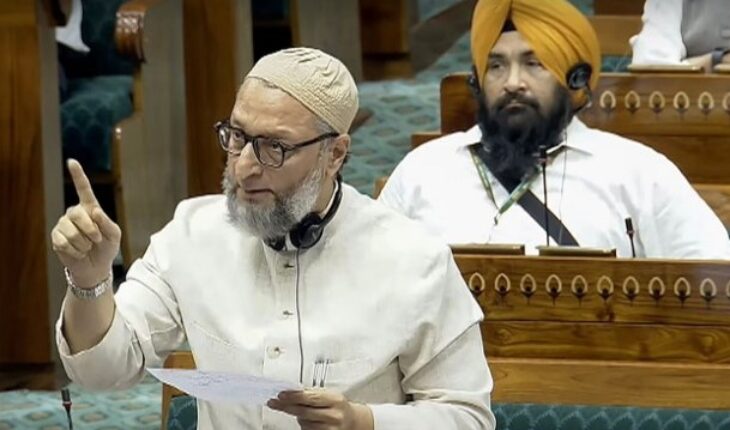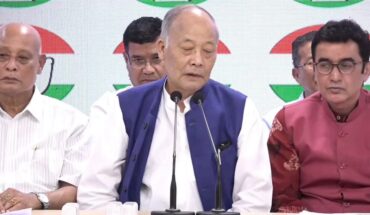New Delhi: Congress MP Mohammad Jawed and AIMIM president Asaduddin Owaisi on Friday challenged the validity of the Waqf (Amendment) Bill, 2025, in the Supreme Court, saying it violated constitutional provisions.
Jawed’s plea alleged the bill imposed “arbitrary restrictions” on Waqf properties and their management, undermining the religious autonomy of the Muslim community.
The petition, filed through advocate Anas Tanwir, said the proposed law discriminated against the Muslim community by “imposing restrictions that are not present in the governance of other religious endowments”.
Owaisi’s plea was filed by advocate Lzafeer Ahmad.
The bill was passed in the Rajya Sabha with 128 members voting in favour and 95 opposing it. It was passed in the Lok Sabha on April 3 with 288 members supporting it and 232 against it.
Jawed, a Lok Sabha MP from Kishanganj in Bihar, was a member of the Joint Parliamentary Committee on the bill and alleged in his plea that it “introduces restrictions on the creation of Waqfs based on the duration of one’s religious practice”.
“Such a limitation is unfounded in Islamic law, custom or precedent and infringes upon the fundamental right to profess and practise religion under Article 25,” it said.
The plea claimed the restriction discriminated against persons who had recently converted to Islam and wish to dedicate property for religious or charitable purposes, thereby violating Article 15 of the Constitution.
Article 15 deals with prohibition of discrimination on grounds of religion, race, caste, sex or place of birth.
The plea said an amendment to the composition of the Waqf Board and the Central Waqf Council mandated inclusion of non-Muslim members in Waqf administrative bodies, which was an “unwarranted interference” in religious governance unlike Hindu religious endowments, which remain exclusively managed by Hindus under various state enactments.
“This selective intervention, without imposing similar conditions on other religious institutions, is an arbitrary classification and violates Articles 14 and 15,” it said.
It said the enhanced role of state authorities in Waqf administration impinged on the right of Muslim community to manage its institutions.
The bill shifts key administrative functions, such as the power to determine the nature of Waqf properties, from the Waqf Board to the district collector, the plea said.
“This transfer of control from religious institutions to government officials dilutes the autonomy of Waqf management and contravenes Article 26(d),” it said.






